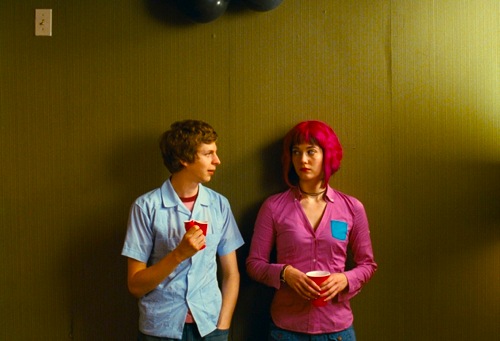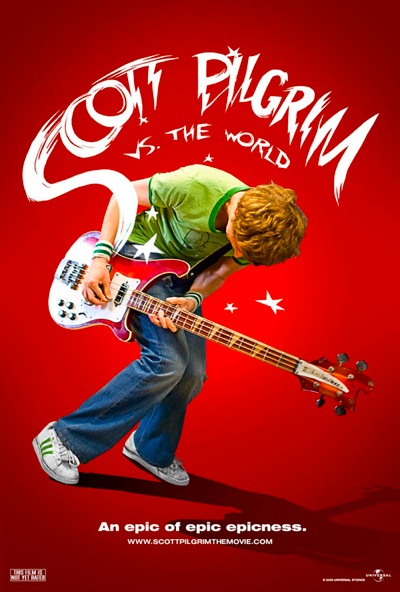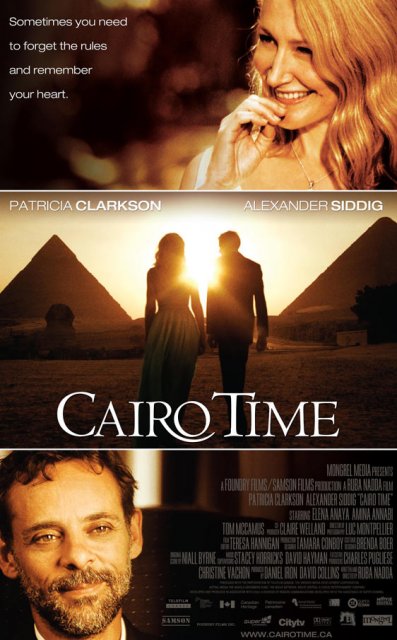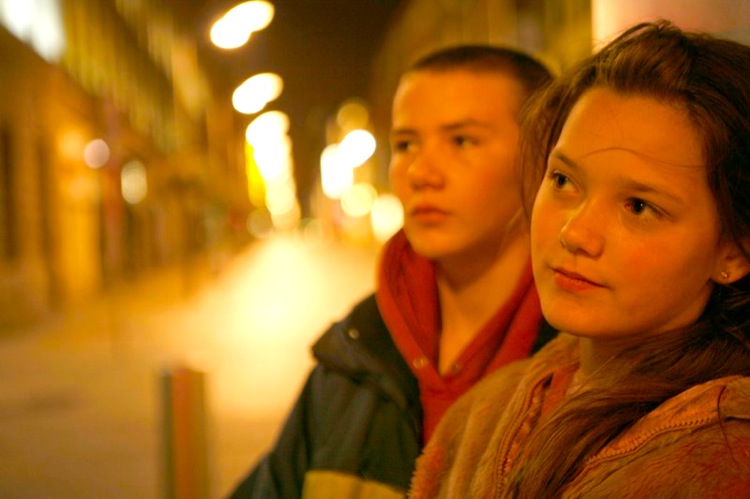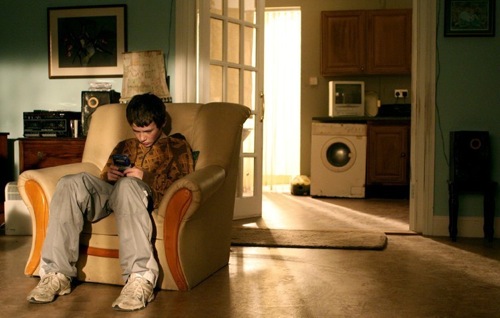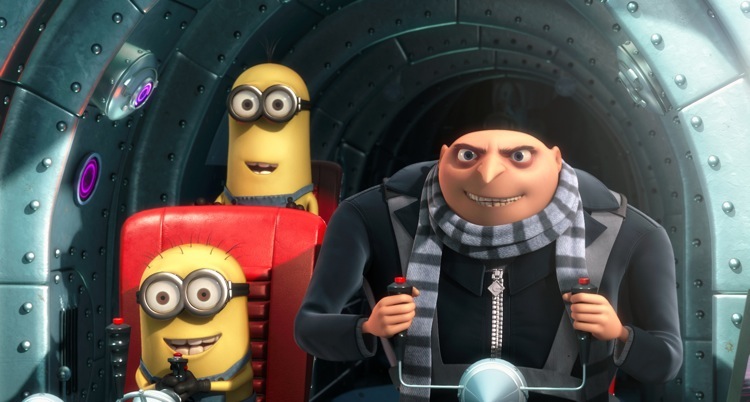By Patricia Ducey. Gone with the Wind it’s not. Heck, it’s not even My Best Friend’s Wedding. But You Again is a pleasant enough production from Disney’s Touchstone Pictures, with some truly funny moments – and a lot of real heart. It’s the kind of family movie that the broadcast networks used to make before TV was handed over to reality show contestants and serial killers. You Again is a chick flick perfect for a tween or teen (but maybe not the boys), or anyone who can remember the sting of high school bullies.
Director Andy Frickman casts his New York stage pal Kristen Bell as Marni, an ugly duckling outsider in high school who has grown into a successful and beautiful career woman. She handles her PR firm duties with grace and aplomb. But her hard won self-confidence starts to crumble when her Mom announces that Marni’s beloved brother Will (James Wolk) is to marry, and the bride-to-be is none other than Marni’s high school nemesis, Joanna (Odette Yustman). Joanna was the head cheerleader, the gorgeous Alpha Girl, who led the torment against acne-ridden dweeb Marni. When the wary Marni returns home for the wedding weekend, however, she finds a new Joanna -someone who may or may not remember her at all, and who may or may not have morphed into an angel. Soon Joanna reveals the cause of her life change: she lost both of her parents in a car crash, and decided to dedicate the rest of her life to something that would make them proud.
Mom Gail (Jamie Lee Curtis) and father (Victor Garber) and even the family pooch clearly adore Joanna, but Marni can’t help herself; her jealousy resurfaces once again. She tries to accept the new Joanna, but Marni still hasn’t tamed her inner loser. Ever suspicious, she eventually uncovers some evidence to justify some sweet, sweet revenge. We watch as Marni regresses, physically and emotionally, back to her high school days as her resentment overwhelms her mature career woman persona.
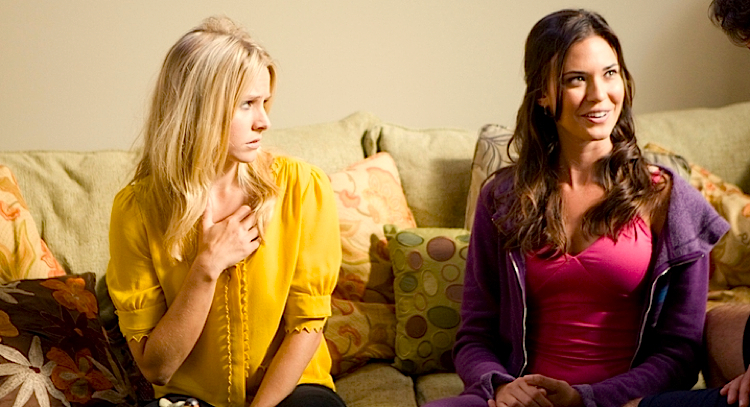
In that one improbable coincidence allowed any plot line, Joanna’s only surviving relative, Aunt Mona (Sigourney Weaver), arrives for the wedding weekend and turns out to be none other than Gail’s former high school nemesis. Gail soon learns that giving advice about jealousy is a lot easier than living it. So, on two levels, all these women will have to confront the green eyed-monsters still lurking in their hearts if they are to survive as a family. You Again is otherwise full of pratfalls and silliness, as well as drama, as it meanders toward the climactic rehearsal dinner.
You Again stands in stark contrast to the summer romantic comedy hit Easy A, which the critics loved, in that it doesn’t despise its audience. The family in You Again loves, and likes, each other. They’re human, though, and fall victim to their human foibles. These characters are surprised and disheartened by their own weaknesses – and do their best to conquer them. Sometimes they do make old grudges right, and the movie actually tells you why this is important. So if your daughter or niece wants to see a movie, steer her to You Again – not Easy A.
I chuckled when I checked the reviews of You Again—90% of the critics hated it, so I figured I would like it. The movie been called trite and sit-com-ish – and in some ways, that’s true. Marni’s family is intact, affectionate, and practically snark-free. Characters do tussle and fall into swimming pools. More than once. [By the way, Odette Yustman might just give Megan Fox a run for her money with her brunette good looks and mad rapping skills. Betty White also handles the Grandma Bunny duties well—and keep your eyes peeled for a few other cameos by ‘80s stars.] The dreaded patriarchy rears its head when Dad finally lays down the law and tells his squabbling women “enough.” Meh. I liked it. It may seem trite to jaded movie critics – but judging from the laughter in my theater, audiences liked it too.
Posted on September 27th, 2010 at 7:19am.

